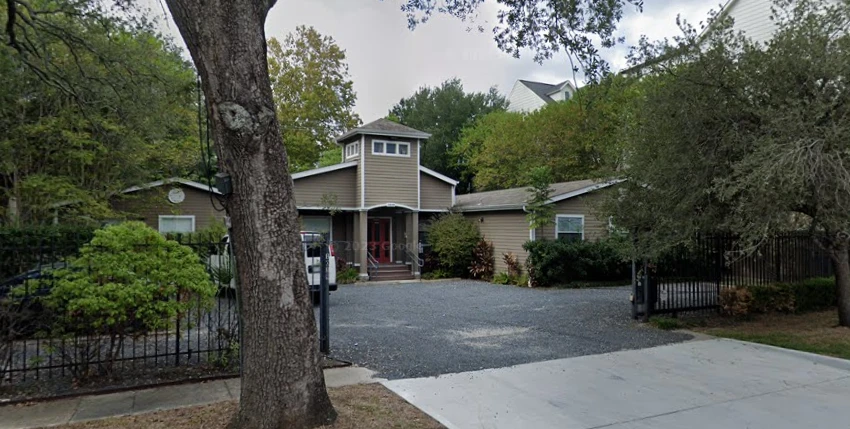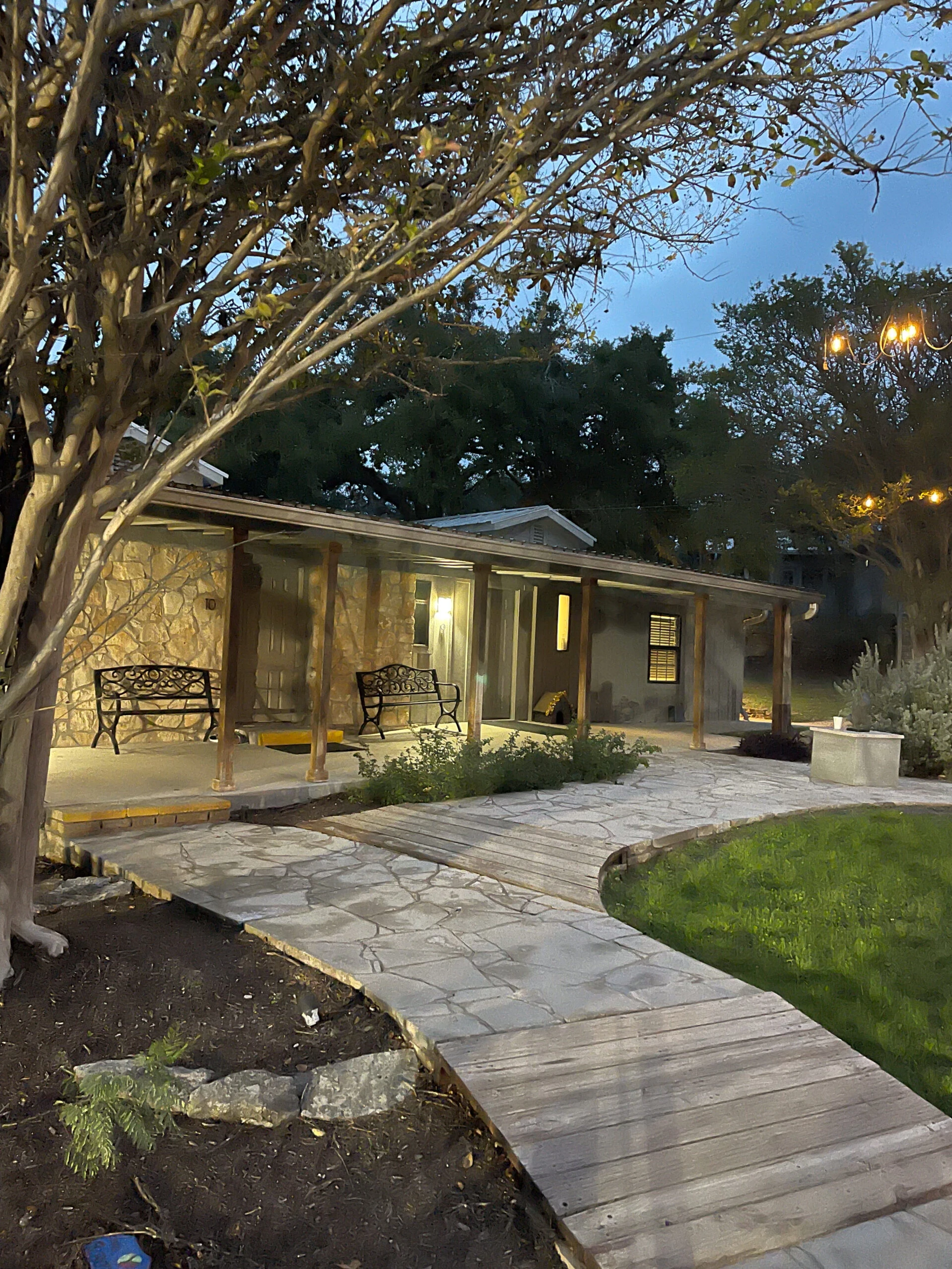Nova Recovery Center - Wimberley Information
Treatment
Who We Treat
- Midlife Adults
- Male and Female
Treatment Focus
- Alcohol
- Chronic Relapse
- Drug Addiction
- Trauma
- Gender-Specific
Approaches
- 12-Step-Based
- Individual Treatment
- Evidence-Based
- Gender-Specific
- Twelve Step
- Family Therapy
- Holistic
- Cognitive Behavioral Therapy (CBT)
- Rational Emotive Behavior Therapy (REBT)
- 1-on-1 Counseling
- Art Therapy
- Meditation & Mindfulness
- Eye Movement Therapy (EMDR)
- Biofeedback
Conditions We Treat
- Depression
- Anxiety
- Post Traumatic Stress Disorder (PTSD)
- Obsessive Compulsive Disorder (OCD)
- Grief & Loss
- Trauma
- Codependency
- Grief and Loss
- Anger
- Co-Occurring Disorders
Substances We Treat
- Alcohol
- Benzodiazepines
- Chronic Relapse
- Heroin
- Cocaine
- MDMA/Ecstasy
- Ecstasy
- Psychedelics
Languages
- English
Aftercare
- Intensive Outpatient Program
- Outpatient Treatment
- Support Meetings
Level of Care
- Outpatient
- Intensive Outpatient Program (IOP)
- Residential Rehab
- Co-Occurring Mental Health
Experience
On-Site Amenities
- Pool
- Access to Nature
- Fitness Center
- Gardens
- Outdoor Lounge
- Tennis Court
- Walking Trails
Personal Amenities
- Personal Fitness Trainer
- Air-Conditioned Rooms
- Private or Shared Rooms
On-Site Activities
- AA/NA Meetings
- Physical Fitness
- Swimming
- Tennis
Special Considerations
- Gender-specific groups
Accreditations
-
NAATP
The National Association of Addiction Treatment Providers (NAATP) accreditation is a recognized standard within the field of addiction and behavioral health. This accreditation signifies that a treatment provider has undergone a rigorous evaluation process to ensure the quality and effectiveness of its programs and services. NAATP accreditation serves as a valuable marker of a provider's commitment to adhering to established industry standards, offering evidence-based treatments, and prioritizing the well-being of individuals seeking addiction and behavioral health support.

-
The Joint Commission
The Joint Commission's addiction and behavioral health accreditation signifies a facility's commitment to high-quality care. It involves rigorous evaluations and assessments of clinical practices, ensuring effective, evidence-based treatment. Accreditation showcases a dedication to continuous improvement and patient safety, instilling trust among patients, families, and healthcare professionals. It's a mark of excellence in addiction and behavioral health care.

-
SAMHSA certification for opioid treatment program (OTP)
SAMHSA's Opioid Treatment Programs (OTP) Accreditation is a rigorous recognition process, signaling an OTP's commitment to high-quality care for those with opioid use disorders. It assures patients, families, and the community that the program adheres to evidence-based practices, maintains a safe environment, and employs qualified staff. This accreditation represents a commitment to addressing the opioid epidemic and promoting recovery, symbolizing quality and accountability in opioid addiction treatment.
-
State department of health
Government agencies issue State Licenses, granting permission to rehabilitation organizations to conduct their business operations lawfully within specific geographic regions. Generally, the particular rehabilitation programs offered by a facility and its physical location dictate the necessary licenses needed for legal operation.

Additional Locations
Nova Recovery Center - Wimberley Accepts The Following Insurance Plans
Find the best treatment options. Call our free and confidential helpline today!












